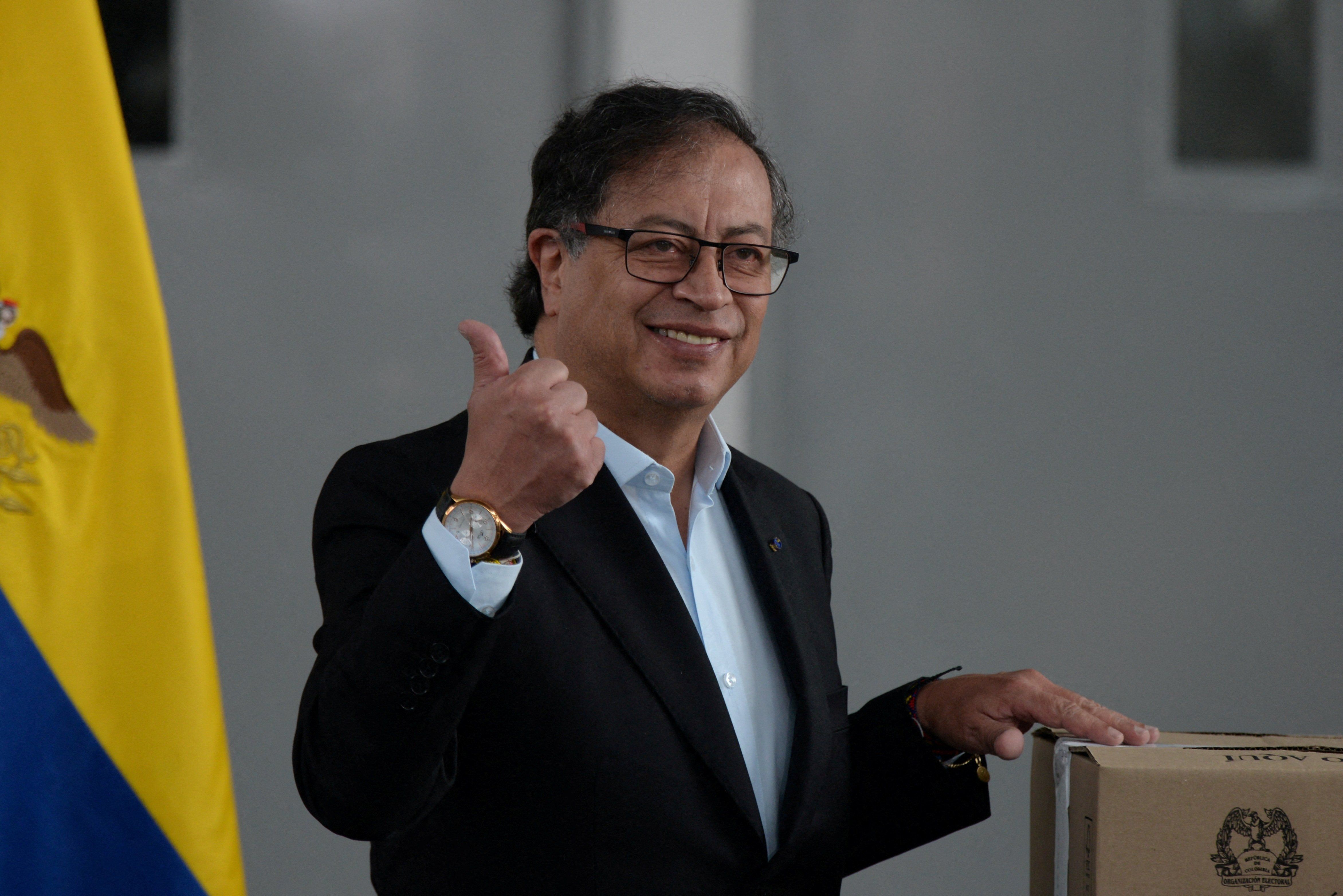President Gustavo Petro saw his allies lose elections across Colombia’s largest cities this weekend in what is widely viewed as a rebuke to the government and its reform agenda.
Petro, Colombia’s first left-wing leader, promised transformational change, but he has struggled to deliver. His frustration is tangible: When centrist Cabinet ministers opposed a controversial health care reform in April, the impasse broke apart his coalition, and Petro fired a third of his Cabinet, appointing ideological allies instead. He attempted to govern by emergency decree in La Guajira department, only to be stymied by the constitutional court, while his congressional priorities have slowed to a crawl. To make matters worse, his administration has been embroiled in separate corruption and wiretapping scandals.
Voters haven’t had it any easier. Colombia’s economy grew by 7.3% in 2022 but is expected to grow by just 1.7% in 2023, straining families in one of the world’s most unequal economies.
The weekend’s contests saw no widespread violence or irregularities, but voters are clearly displeased. The candidate Petro endorsed for mayor of the capital, Bogotá, often considered the country’s second most prominent political office, came in third, and Medellín and Cali elected some of Petro’s fiercest critics.
Petro himself can’t run for office again in 2026, and Eurasia Group’s Colombia expert Maria-Luisa Puig says the results portend ill for his chances of positioning a candidate to carry on his political legacy — but he’s not quite a lame duck.
“Despite the defeat at the local level,” she notes, “Petro can still secure enough votes in congress to advance aspects of his reform agenda,” which may allow for watered-down versions of his pension and health care programs to pass.
